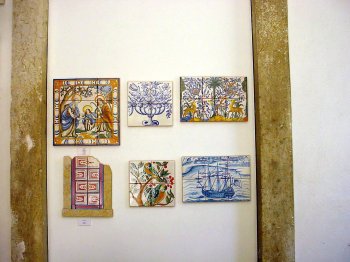Explore the best places
Heritage in Portugal
Quinta das Lágrimas
- heritage
Estrada das Lágrimas
3040-266, Coimbra
The importance of this place is mainly connected to the history of Pedro and Inês. The Quinta has a romantic beauty, with some botanic exemplars, the gothic window and the fountain (pointed out as being the “Fonte dos Amores” sang by Camões.
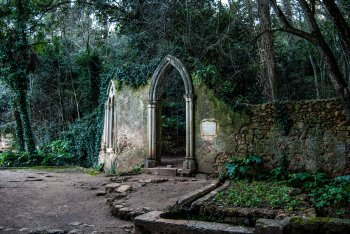
Núcleo Arqueológico da Rua dos Correeiros (NARC)
- heritage
Rua dos Correeiros, 9
1100-161, Lisboa
This archaeological nucleus is devoted to the different phases of the Lisbon downtown, presenting the successive structures built in this city area, since the roman period until the XVIII century.
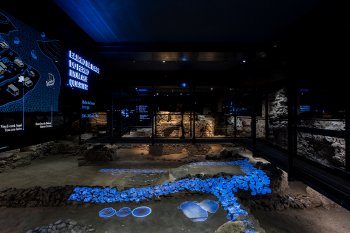
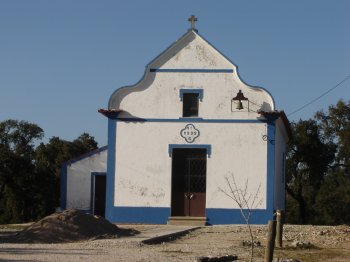
Museu Nacional de Arte Contemporânea do Chiado
- heritage
Rua Serpa Pinto, 4
1200-444, Lisboa
The Chiado Museum or Modern Art National Museum, offers a panoramic of the Portuguese art from 1850 to 1960, from the romantic to the modernism period, going through the naturalism, the surrealism and the abstractionism periods. Subordinated to the theme “From Columbano till the Modernism”, this is the biggest collection of Portuguese contemporaneous art, with paintings, sculpture and drawings. It also has a French art collection from the end of the XIX century.
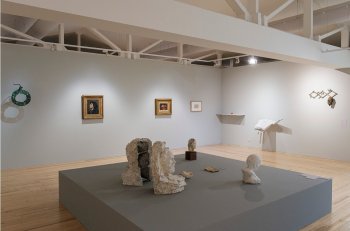
Museu Nacional do Traje
- heritage
Largo Júlio de Castilho, 2
1600-483, Lisboa
Located at the Angeja-Palmela palace, this museum integrates collections of civil clothes from the XIV to the XX centuries, popular clothes, opera dresses, accessories, toys from the XIX and XX centuries, among other curiosities. In order to maintain the conservation of its collections it has temporary exhibitions of the 35 thousand pieces it owns, organizing thematic shows. The permanent exhibition is about the textile technology. The museum has also a library specialized in the clothing history.
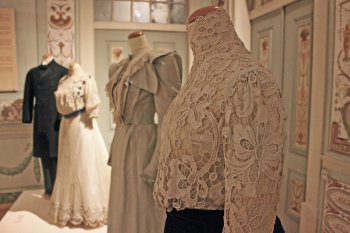
Museu Nacional do Teatro e da Dança
- heritage
Estrada do Lumiar, 10
1600-495, Lisboa
Located at the former Monteiro-Mor Palace, the museum exhibits a large panoply of objects related to the theatre. The exhibition includes pictures, humoristic vignettes, clothes and stage props and many other objects evocative of the life and career of personalities related to the acting art. It has a special collection consecrated to the fado singer Amália Rodrigues.
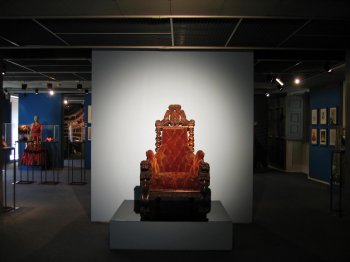
Museu de Arte Popular
- heritage
Avenida de Brasília, 202
1400-038, Lisboa
Museum opened in 1948, dedicated to popular arts and traditional workmanship, presenting a set of pieces that were present in the exhibition of Geneva, in 1935. The exhibition is divided by country districts, documenting the large variety existent in the country. The building was initially planed to welcome the Exposição do Mundo Português in 1940 and was later remodelled and adapted to its new functions.
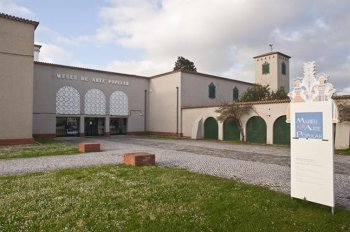
Museu Nacional de Etnologia
- heritage
Avenida Ilha da Madeira
1400-203, Lisboa
It has an ethnographic collection coming from the counties and communities with Portuguese as an official language, but also from other globe regions, such as the Maconde people and the Amazonian Indians.
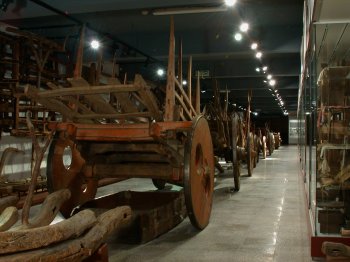
Museu Nacional dos Coches
- heritage
Avenida da Índia, 136
1300-300, Lisboa
Located by the river Tagus, in the western area of Lisbon, the National Coach Museum occupies the premises formerly belonging to the Oficinas Gerais do Exército (old General Military Workshops). The Royal Riding School, which used to belong to the Royal Palace of Belém, can still be visited as an exhibition nucleus of the National Coach Museum.
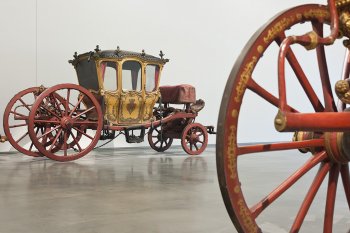
Museu Nacional do Azulejo
- heritage
Rua Madre de Deus, 4
1900-312, Lisboa
In this museum, located at the former Madre Deus Convent, the visitor is invited to make a journey through the glazed tiles art, from the XV century till our days.
